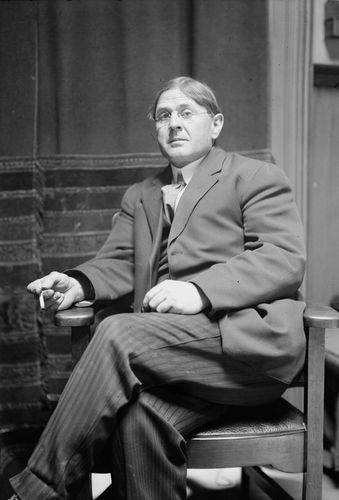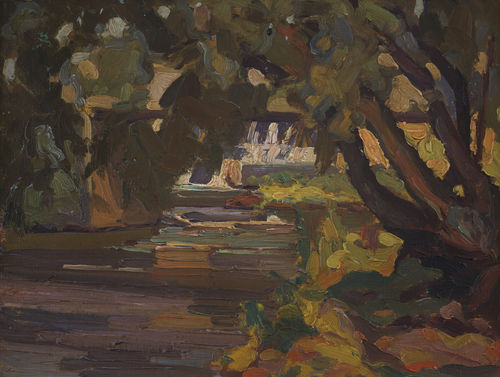“The art of Italy is dead; Holland has no art, nor Spain nor Belgium. The art of France is in a chaotic state that does not know whether its pictures are upside down or not. England is indeed the only European country that can lay claims to art today. Ten years from now the United States will lead the world … What of Canada? Income to you as a prophet. The future of this country stands for more than that of any country on earth.”
J.W. Beatty, 1909
John William Beatty was born in Toronto, Ontario in 1869 and his young life got off to a memorable start by being expelled from school for putting a dead bird on the headmaster’s desk. He turned to becoming a house painter and lost that job for another practical joke which resulted in taking up the trade of engraving.
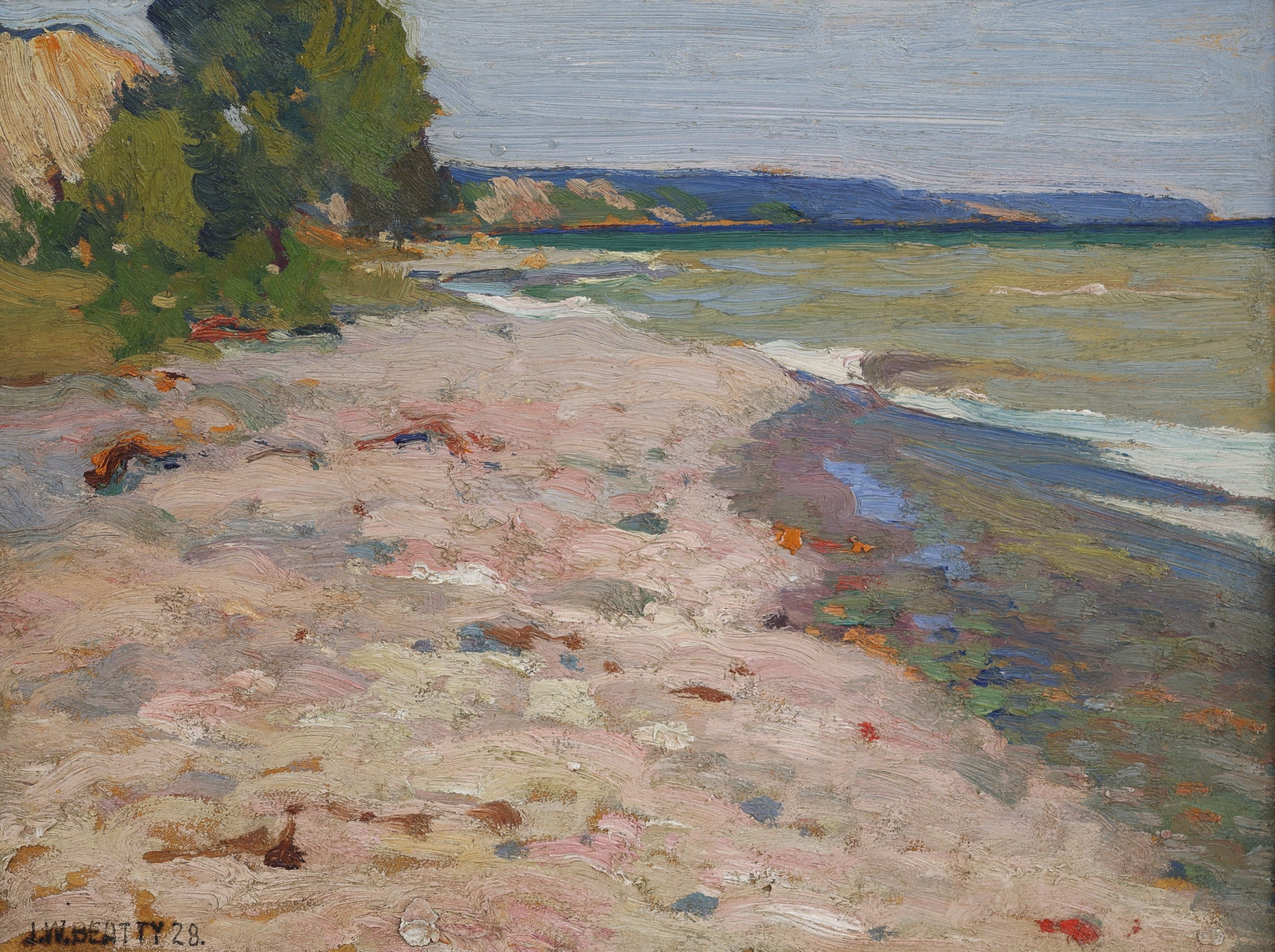
John William Beatty; Along Shore Granby, Lake Ontario
Eventually, J.W. Beatty took a position as a fireman and spent all of his break time perfecting his artistic talents. Outside of work, Beatty studied at the Ontario College of Art in Toronto under J.W.L. Forster, George A. Reid, Frederic Martlett Bell-Smith, and William Cruikshank. Later, Beatty traveled to Europe and studied at the Academie Julian in Paris and additionally in London.
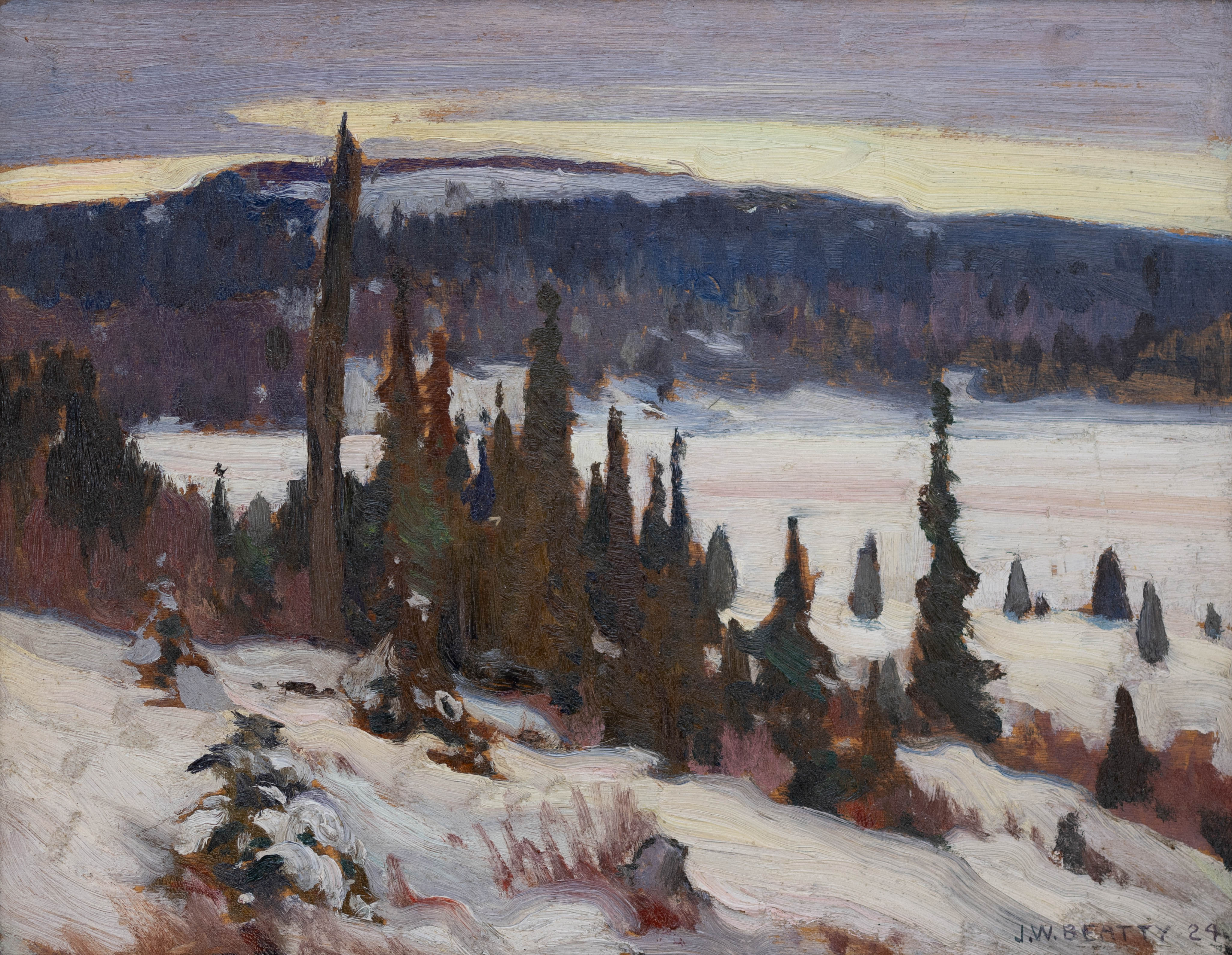
John William Beatty; Winter, Algonquin Park 1924
Beatty was part of a group of artists that were among the first to travel to northern Ontario to paint landscapes. During this time, he befriended Tom Thomson and members of the future Group of Seven. Beatty was invited to join the Group of Seven by Lawren Harris, but this did not manifest due to personality conflicts between Beatty and some of the group members. In 1917, Beatty became an Official War Artist for the Canadian Expeditionary Force.
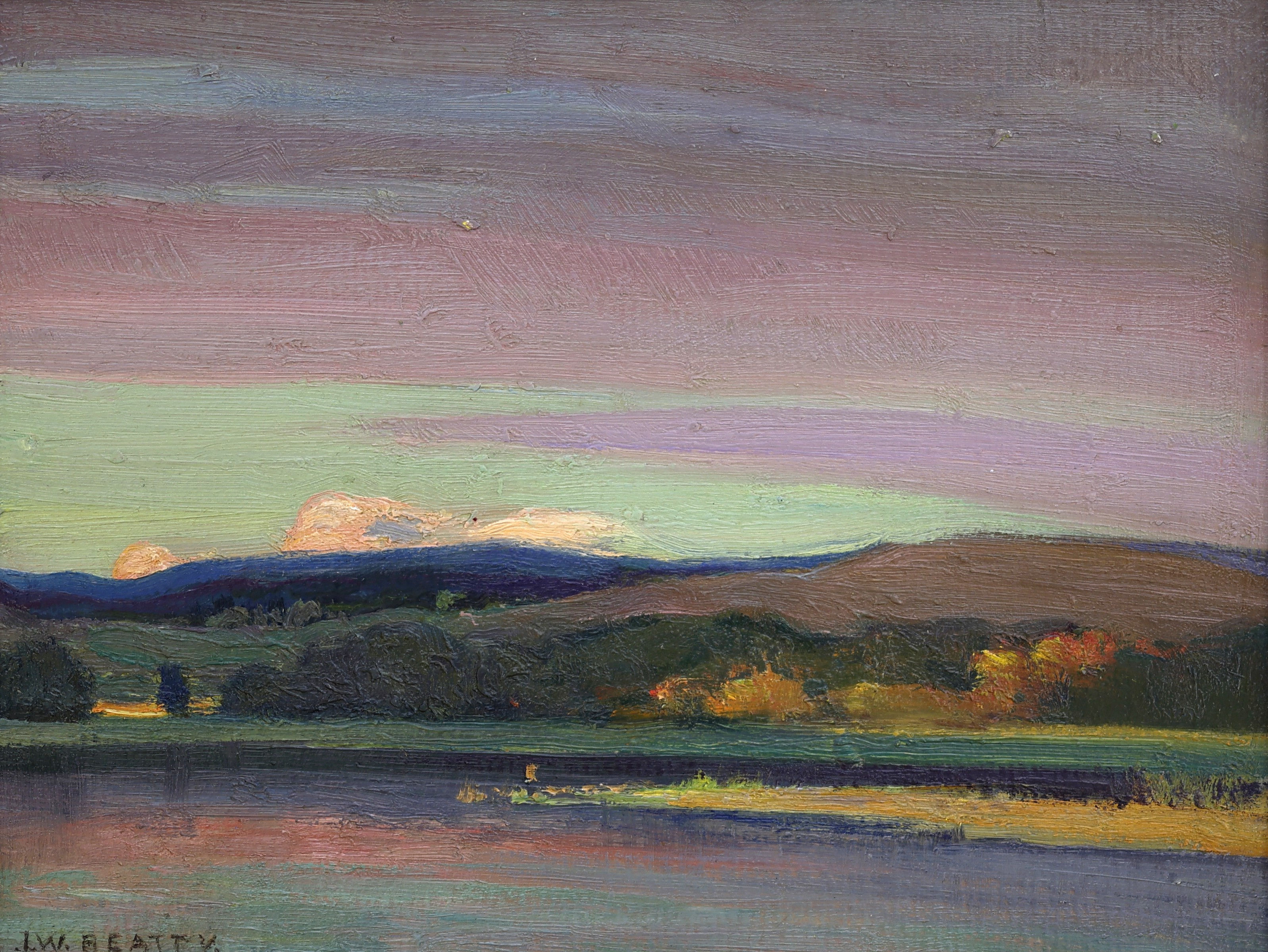
John William Beatty; Lake and Sky
J.W. Beatty’s work changed over time as his early work reflected the sombre, gray style of French and Dutch traditional painting. Over time, partially due to the influence of the Group of Seven, Beatty’s work took on a more colourful palette. In addition to painting landscapes from his travels in Ontario, Beatty traveled west with A.Y. Jackson and C.W. Jeffreys to paint the Rocky Mountains.
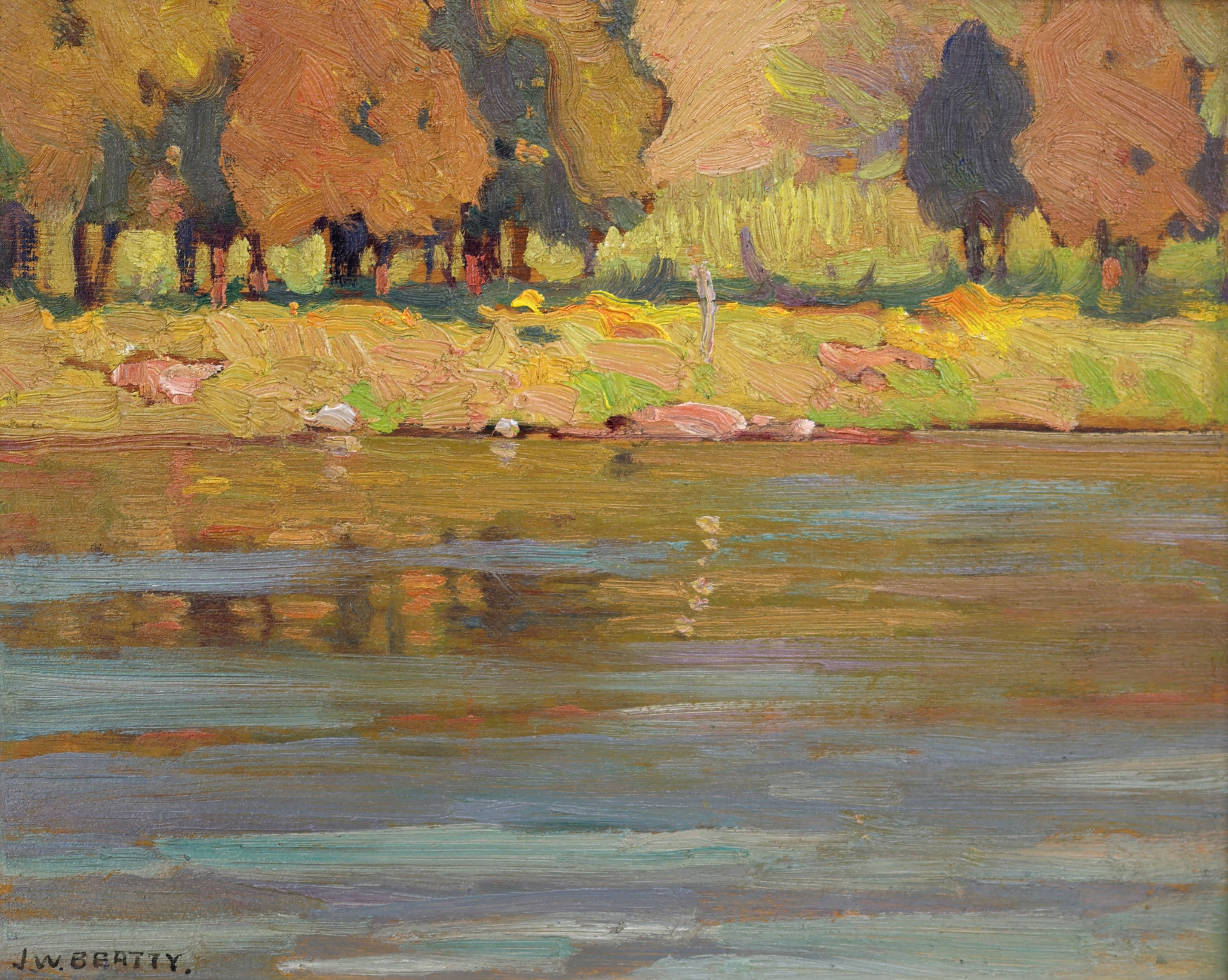
John William Beatty; Autumn River
John William Beatty was an influential art teacher and taught at the Ontario College of Art for many years where he mentored a number of young artists who would go on to become important figures in Canadian art. His work was exhibited at the Art Gallery of Ontario (AGO), the Ontario College of Art (OCA), the National Gallery of Canada (NGC) the Canadian War Museum (CWM) and other notable locations. Beatty was a member of the Royal Canadian Academy of Arts and was awarded the Order of the British Empire in 1933 for his contributions to Canadian art.
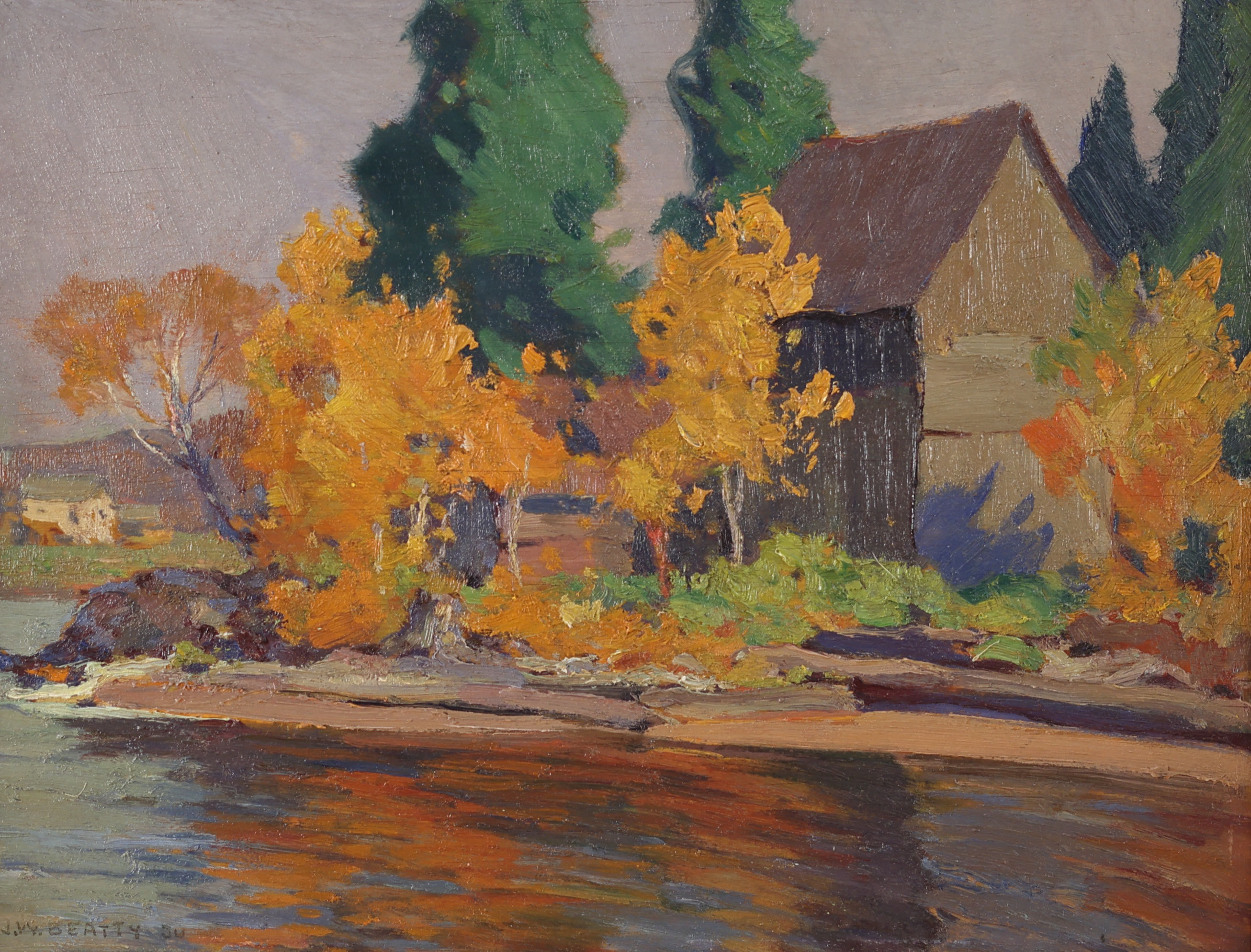
John William Beatty; Autumn in Parry Sound District, 1930
Teachers: J.W.L. Forster, George Agnew Reid, Frederic Martlett Bell-Smith, William Cruikshank, Jean-Paul Laurens, Benjamin Constant
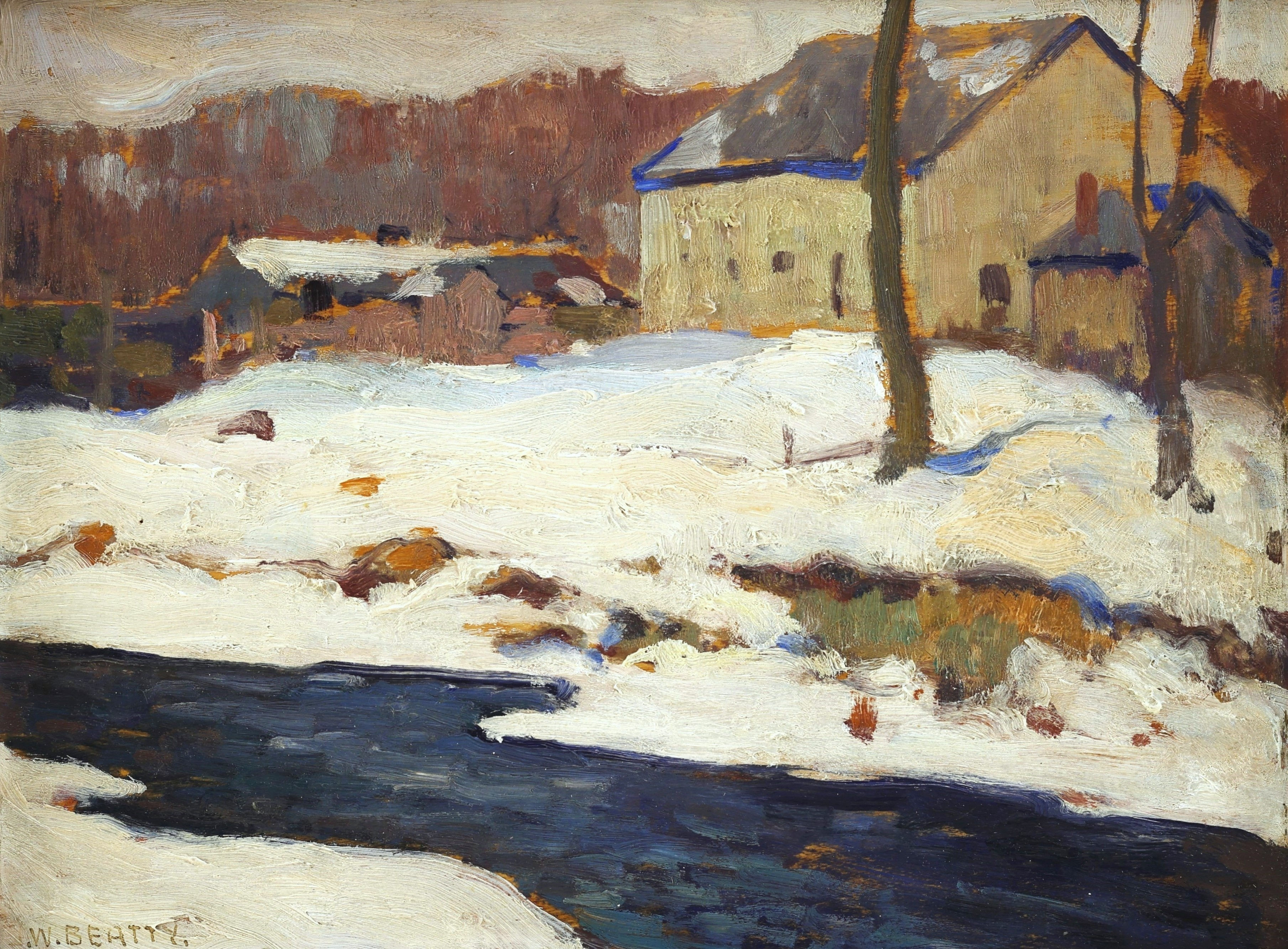
John William Beatty; Winter on the Don
Influences: Caroline Cormack (wife)- inspirational in his development as an artist; Early landscapes are influenced French and Dutch traditional school of painting
Friends/Associates: Tom Thomson, A.Y. Jackson, C.W. Jefferys, Group of Seven members
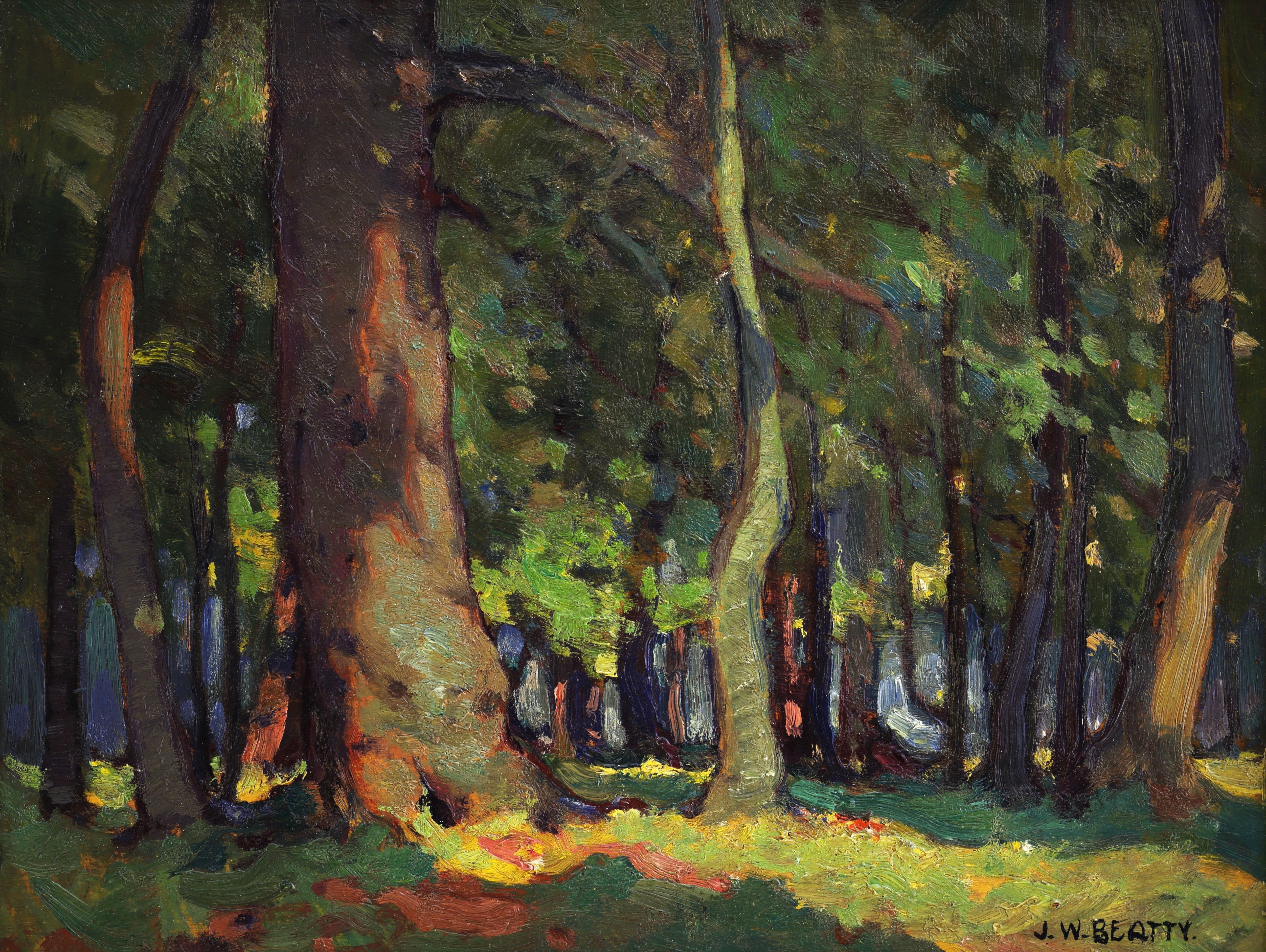
John William Beatty; Forest
Memberships: RCA, OSA, Arts and Letters Club (President, 1912-1913)
Exhibitions: AGO, OCA, NGC, CWM, AAM (1909), RCA (1898-1941)
Anthony R. Westbridge, The Collector's Dictionary of Canadian Artists at Auction- Volume One: A-F (Vancouver, B.C.: Westbridge Publications Ltd., 1999).
Dorothy Hoover, J.W. Beatty (Toronto, ON: The Ryerson Press, 1948).
Dorothy M. Farr, J.W. Beatty: 1869- 1941 (Kingston, ON: Agnes Etherington Art Centre, 1980).




















